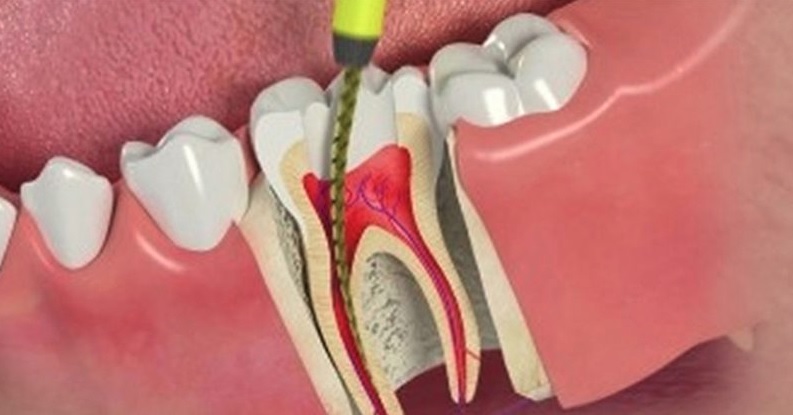A root canal is a dental procedure that removes the infected or dead roots of teeth. A dentist will use a special tool to remove the tooth's rotten core while preserving the surrounding tissue. Root canals are most commonly used to treat infections and decay in teeth located in the back (molar) and front (maxillary) areas.
The Different Types of Root Canals
Root canal surgery is a common procedure performed to relieve pain and improve the function of teeth. It's typically done as a last resort when other treatments, such as antibiotics or dentures, haven't worked. There are several different types of root canals:
Endodontic root canal: This is the most common type of root canal and involves drilling down into the root canal cavity and removing the infected tooth material with a special tool. If you want to get root canal treatment in Sydney CBD you may visit Hyde Park Dental Care.

Image Source: Google
Orofacial: This type of root canal is used to treat problems in the face, including tumors or cysts in the nasal cavity or mouth.
How Is a Root Canal Performed?
A root canal is a procedure that is used to remove the infected portion of a tooth, which may be damaged or infected. The infection can lead to pain and other problems with the teeth and gums.
Tooth extraction is typically not necessary in people who have a root canal. However, some people may require extraction if there is significant damage to nearby teeth or if there is an extremely large infection.
The dentist will make an opening in the tooth using special tools and will clean out any debris or decay. They will then fill the area with sealant (a material that prevents bacteria from growing).
After the Procedure: What To Do
After the procedure, you will likely experience some pain and swelling. If the pain is severe, you should take over-the-counter medication such as ibuprofen or acetaminophen to help relieve the pain. You will also experience some cramping and numbing.
